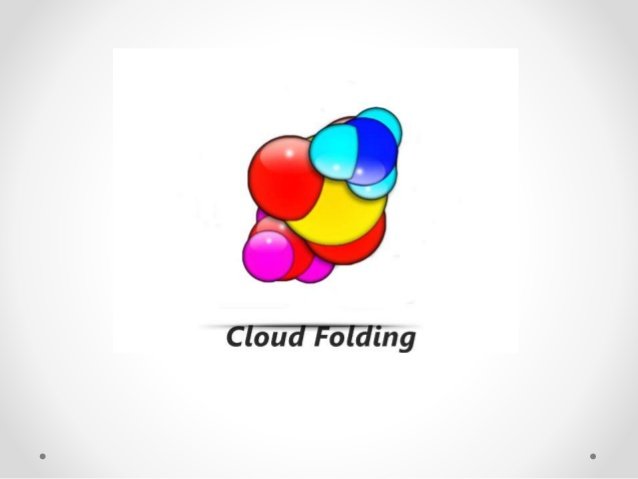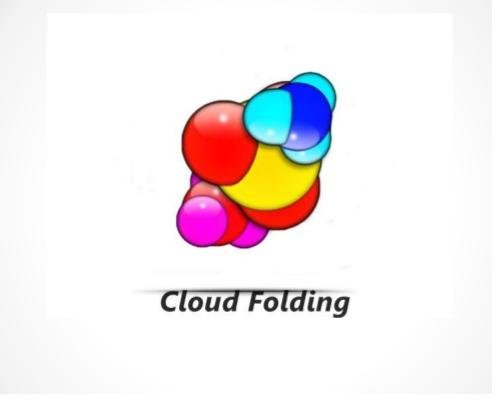
Mining turns your machine into money, while Folding turns your machine into medical research. You can purchase PPD (Points Per Day) to fold in the cloud with Eobot's hardware instead of running it on your own machine.
0% electricity/maintenance fee applied to Cloud Folding.
You will earn Curecoins for your Cloud Folding.
Curecoins will be distributed by using CryptoBullions Folding Pool. https://www.cryptobullionpools.com/
Eobot will not receive any Curecoins as a fee, and 100% of Curecoins will be distributed back to users. For instance, if Eobot has 1000 PPD in total supply, and you have leased 100 PPD, then you will get 10% of the Curecoins paid out.
Folding is largely a charitable action. In other words, don't expect to earn a large amount of Curecoins back to pay for your investment.
To verify Eobot is folding on your behalf, you can visit Team Curecoin http://fah-web.stanford.edu/cgi-bin/main.py?qtype=teampage&teamnum=224497
or Donor Eobot. https://www.eobot.com/user/1388183
Cloud Folding contracts are 1 year in duration.
Help Stanford University scientists studying Alzheimer's, Huntington's, Parkinson's, and different types of cancers by simply running a piece of software on your computer or in our cloud.
The problems we are trying to solve require so many calculations, we ask people to donate their unused computer power to crunch some of the numbers.
For more information on Protein Folding and how it works, please visit Stanford's Folding@Home site. http://folding.stanford.edu/
Example of Folding YouTube Video

What are they currently researching?
We are assigned work units, and the disease or research generally changes daily, or sometimes even more often. However, here's our latest research contribution for those interested:
Project 10186
Disease Type: Unspecified
These projects aim to understand the dynamics of rhodopsin. Rhodopsin is the protein responsible for detecting light in the eye and triggering a signaling cascade that ultimately results in an electrical stimulus that we perceive as an image. Rhodopsin functions by undergoing a conformational change in response to light. Importantly, mutations to rhodopsin can prevent it from having the desired dynamics, resulting in blindness. This project will allow us to study the dynamics of rhodopsin, set a baseline for understanding the negative effects of such mutations, and potentially yield insight into therapeutic strategies for restoring or preventing vision loss.
This project is managed by Prof. Gregory R Bowman at https://sites.google.com/site/gregoryrbowman/
The Bowman lab is continuing to use Folding@home in order to learn about the mechanisms of allosteric communication in proteins. Allostery is a process in which a drug binds at one site on a protein and somehow alters other regions of a protein. For example, we are particularly interested in finding new allosteric sites that might be useful for inhibiting proteins that give rise to antibiotic resistance since there is a great need for new antibiotics.